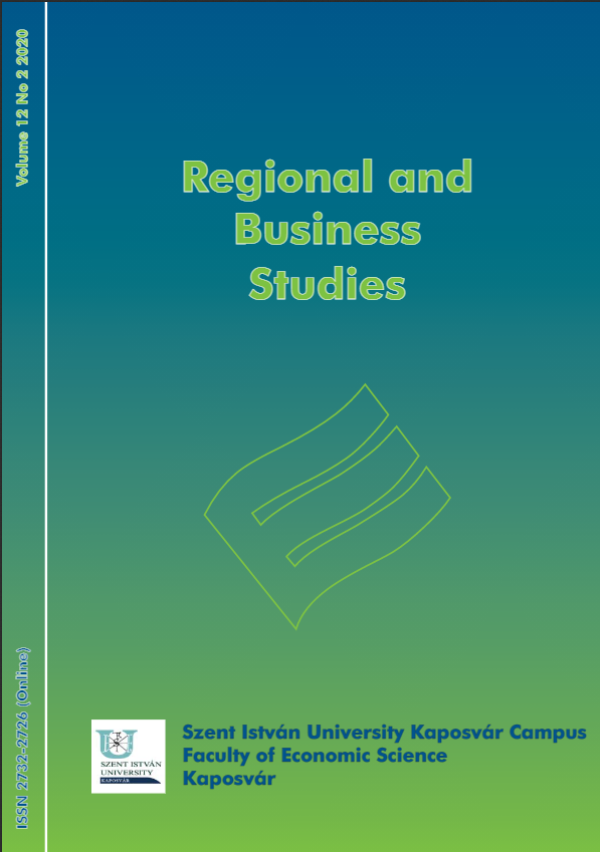Reviews of Sustainable Rural Development in the Scope of Building New Rural Areas in Vietnam
DOI:
https://doi.org/10.33568/rbs.2521Keywords:
sustainable rural development, sustainability, new rural areas, Vietnam, commune, rural development program, rural development policyAbstract
In Vietnam, rural area is a region for living and working of a rural resident community, including mainly farmers. It is a region of agricultural production (by the general meaning). Besides, there are manufacturing activities and service, but priority is given to agriculture and rural community. Meanwhile, the rural density is lower than urban density. Vietnam introduced its development programme “Building new rural areas”, which program aims at finding a concept of sustainable development in rural areas in order to emerge the role of sustainable development toward the National direction for local strategies and to ensure sustainable rural development. This paper is a work at the scope of reviews and literature available worldwide in development policies and programmes on sustainable rural development. It compares the dimensions of these policies and programmes on the basis of definitions, methodology and practical framework applied in order to identify a promotion for building new rural areas in disciplines, and especially supply a background for data analyses of the Vietnamese case in the National Target Programme “Building new rural areas during the period 2011-2015”.
Downloads
Published
Issue
Section
License
Copyright (c) 2020 The Author

This work is licensed under a Creative Commons Attribution-NonCommercial-NoDerivatives 4.0 International License.





